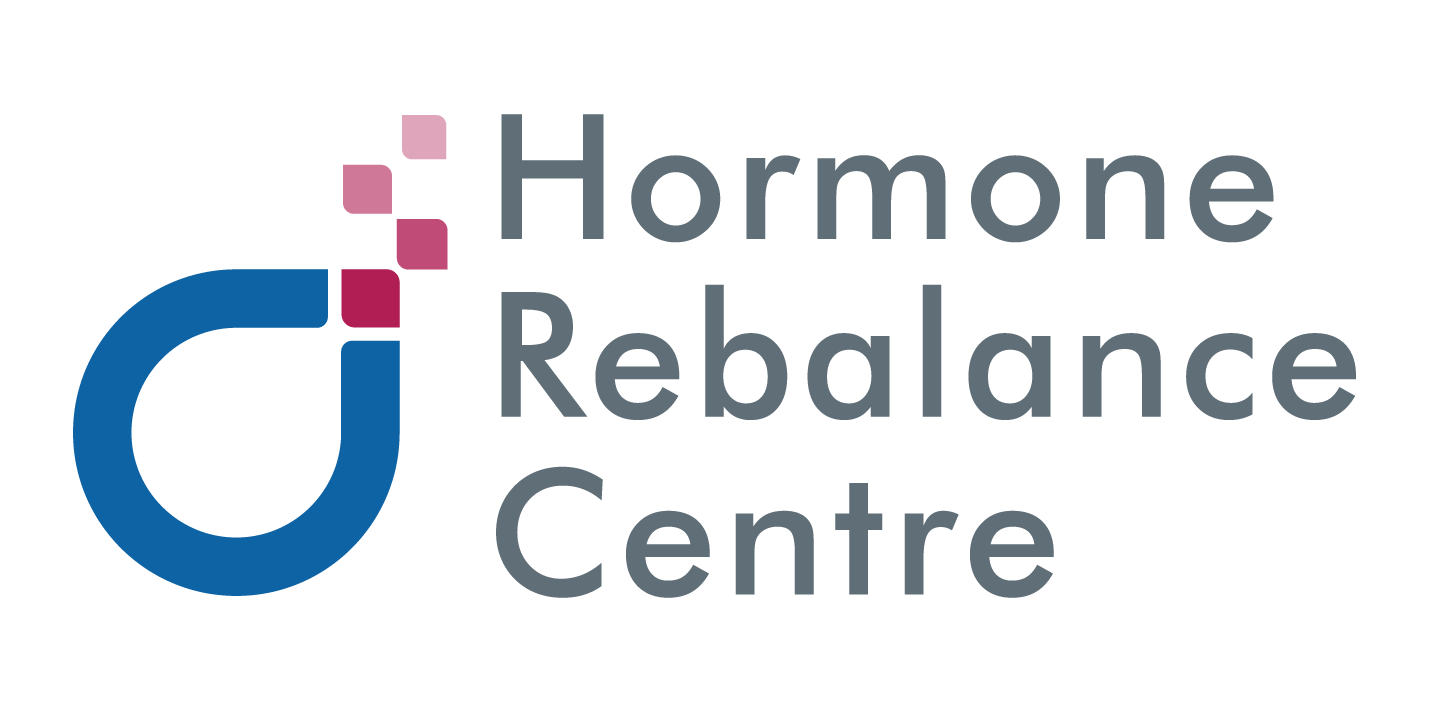PSSSTTTT….it’s your PMS!
You may know it’s coming every month, but somehow it still feels like it’s catching you off guard.
Most women refer to PMS as the “emotional” symptom of their periods, however PMS – also known as Premenstrual Syndrome – is the umbrella term that refers to the emotional as well as the physical symptoms that occur 1-2 weeks before your period.
Symptoms include:
- Irritability, mood changes, feeling emotional
- Bloating, water retention and tender breasts
- Feeling tired
- Abdominal cramps or pain, or low back pain
- Diarrhea or constipation
- Headaches
- Acne breakouts
- Food cravings
Can you relate to any of these? The reality is that up to 80% of women report having some symptoms prior to menstruation, so I promise you, you are not alone!
Causes:
There are several causes that can be involved in PMS and there is no doubt that hormonal imbalances play one of the biggest roles.
Most of the symptoms are experienced 1-2 weeks prior to menstruation, which is known as the luteal phase. This phase is marked by production of the progesterone hormone, along with having estrogen levels high. The imbalance between these hormones (either having high estrogen, low progesterone, or both) can be one of the triggers of PMS.
There’s no doubt that certain dietary factors such as alcohol, caffeine and an inflammatory diet can make the symptoms worse along with some nutritional imbalances.
The good news is that there are plenty of natural interventions that can help reduce and even eliminate the symptoms of PMS!
3 Natural Remedies:
1. Vitamin B6
Vitamin B6 acts as a co-factor in the production of serotonin and dopamine – two important neurotransmitters that impact moods. It is also important for detoxifying estrogen, producing progesterone and balancing blood sugar levels.
Lower levels of B6 have been shown to play a role in PMS, along with other symptoms such as water retention, low energy, headaches, nausea and can be associated with a deficiency in other B vitamins.
B6 can be deficient from poor diet, the birth control pill, excess alcohol consumption, or malabsorption or maldigestion from gut inflammation.
How to get your B6? Dietary sources include greens such as spinach, Bok Choy, broccoli, kale, collard greens, turnip greens, beet greens, Swiss chard, asparagus, as well as tuna, beef liver, walnuts, eggs, sunflower seeds, and maca root. Supplementation ranges between 25mg-100mg.
2. Magnesium
Magnesium is one of my favourite minerals for women of all ages with all sorts of hormonal changes!
Some of the many health benefits of magnesium include:
- Improved insulin sensitivity, therefore magnesium can help your body better respond to blood sugar fluctuations and can help indirectly mitigate weight gain.
- Women with severe PMS often have low RBC (red blood cell) magnesium. In fact up to 70% of women with PMS have been shown to be magnesium deficient. Magnesium is a key mineral in helping reduce the symptoms of PMS, ranging from cramping, heavy bleeding and mood fluctuations.
- Magnesium is involved in essential fatty acid and vitamin B6 activity. Supplementing with magnesium can help improve the action of other nutrients that support hormones for the system as a whole to work synergistically.
- Magnesium (especially in the form of magnesium glycinate) can be very calming to the nervous system. Supplemening (up to bowel tolerance) at bedtime can help improve your sleep and reduce anxiety.
- Effective for irritability and anxiety. Magnesium reduced catecholamine release and can help improve your moods, especially around your periods.
Magnesium has many other non-hormonal benefits such as improving constipation, reducing blood pressure and helping migraines. There are many forms of it and the dose taken is individualized for each person as too much can cause loose stool, so be careful!
Nonetheless, it’s a mineral we are commonly deficient in and it gets further reduced by chronic stress so it’s one of our top hormone supporters!
3. Chaste tree/ Chaste Berry
Chaste tree (also known as Vitex agnus-castus) is one of our go-to botanicals for anything related to female hormones!
From fertility to PMS support, irregular periods, breast tenderness, irritability, menstrual cramping to symptoms of menopause… vitex is a versatile superstar herb.
It is involved in LH (luteinizing hormone), FSH (follicle stimulating hormone) and progesterone regulation in the body, making it an effective intervention for someone with low progesterone, excess estrogen, missed or delayed ovulation or even for prevention of miscarriages.
Remember, to address any period-related concerns it’s best to give this a try for at least 3 cycles. Ask us if Chaste Tree may be right for you.
How do you know what you should take?
At the end of the day, it’s best that your choice of natural health products are selected for your specific needs, symptoms and hormonal imbalances by a qualified professional. It’s best not to self-prescribe because you run the risk of not treating the correct causes of your PMS, or even making them worse.
Want to learn more about supplementation for your hormonal needs? Book a consultation and ask us about our recommended testing to assess which hormonal, metabolic and nutritional markers are the cause of your symptoms.


No Comments